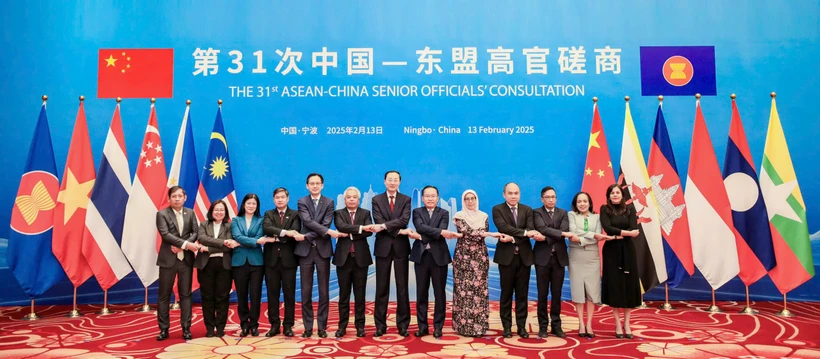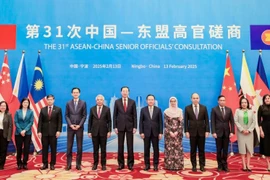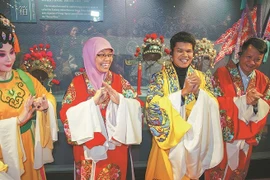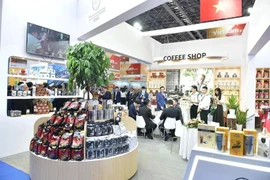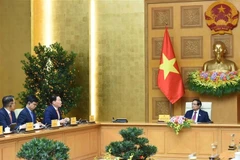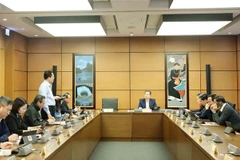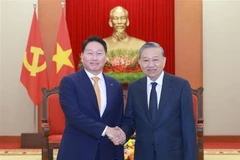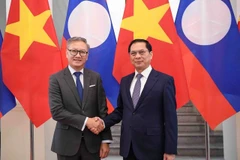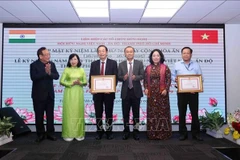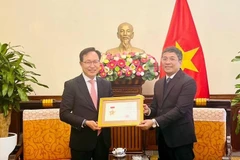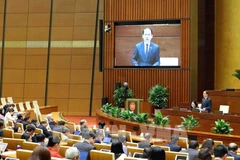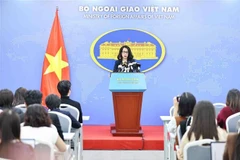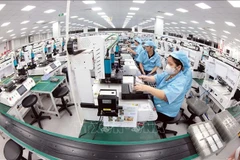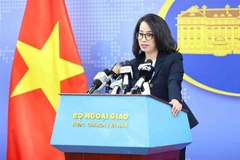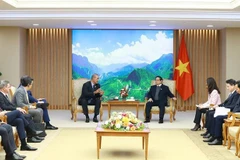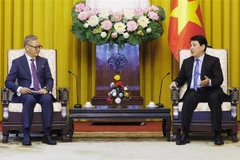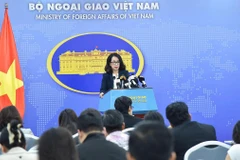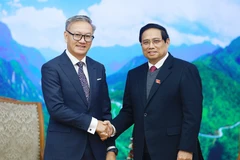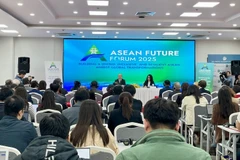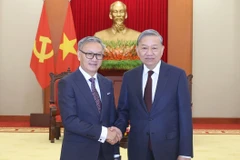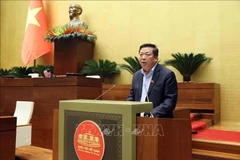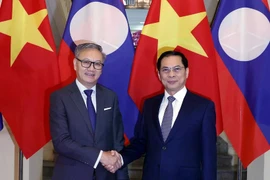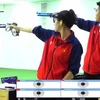Hanoi (VNA) – A Vietnamese delegation led by Deputy Foreign Minister Do Hung Viet attended the 31st ASEAN – China Senior Officials' Consultation held in Ningbo city, China's Zhejiang province, on February 12–13.
The meeting was part of a series of annual dialogues between ASEAN senior officials and partners to review and discuss directions for promoting cooperation, and prepare for the ASEAN Summit and ASEAN foreign ministers' meetings with partners, slated for the second half of 2025.
The consultation highlighted the importance and value of the ASEAN – China Comprehensive Strategic Partnership for each side and the whole region.
Speaking on behalf of ASEAN regardiug the two sides' political and security cooperation, Viet emphasised that this is a main component of the overall bilateral relationship. Over the years, ASEAN and China have always maintained good momentum of dialogue and cooperation, built up mutual trust, and made efforts to realise the common vision of peace, security and development.
He said that in a strategic environment with potential complexities and uncertainties, the two sides need to effectively promote the cooperation momentum. He called on China to continue to participate in and contribute actively to ASEAN-led mechanisms, and work with the bloc to promote standards of conduct.
In the face of an increase in non-traditional security challenges, the Vietnamese diplomat proposed three cooperation orientations, namely specifically and practically implementing all the decisions and agreements made by both sides' leaders; strengthening the response to emerging issues such as cybercrime, transnational crime, and online scams; and expanding sub-regional collaboration, including the Mekong sub-region, in dealing with issues such as water security, sustainable management of water resources, and climate change.
On this occasion, Viet announced that Vietnam will host the signing ceremony of the United Nations Convention against Cybercrime and hopes that countries will soon complete internal procedures to attend the event in Hanoi.
Reaffirming ASEAN's principled stance on the East Sea, the official welcomed the recent strides made in the negotiation of a code of conduct in the East Sea (COC), asking ASEAN and China to make further efforts to achieve new progress and create a favourable environment for COC negotiations. He emphasised the importance of exercising self-restraint and avoiding actions that may complicate the situation, for the common goal of peace, security, safety and stability in the East Sea.
China’s Vice Foreign Minister Sun Weidong affirmed that China always gives high priority to relations with ASEAN in its neighbourhood policy, pledges to help with ASEAN's community building efforts and support the bloc to be united, independent and strategically self-reliant and play a central role in the region. With positive advances in all aspects over the past time, the ASEAN – China relationship is now one of the most dynamic, substantive and effective of its kind.
ASEAN and China have been each other's largest trading partners since 2020. The participating countries expressed their hope to conclude negotiations on the ASEAN – China Free Trade Area (ACFTA) Version 3.0, as well as effectively implement the Regional Comprehensive Economic Partnership (RCEP).
Cooperation frameworks that ASEAN is promoting such as the ASEAN Digital Economy Framework Agreement, the ASEAN Strategy for Carbon Neutrality, and the ASEAN power grid agreement will contribute to broadening the space for cooperation with China, especially in the fields of green, sustainable and smart development. Digital transformation, innovation, emerging technologies such as 5G, artificial intelligence and generative artificial intelligence, electric vehicle ecosystem, supply chain resilience, and smart agriculture are the top priorities of countries with the desire to optimise the potential of future cooperation.
Following the success gained in 2024, the two sides agreed to continue to effectively implement activities in 2025, which is designated as the ASEAN – China Year of People-to-People Exchanges, helping increase connectivity, friendship, and mutual understanding between the peoples of ASEAN countries and China.
At the meeting, participants spent time discussing developments in the region and the world such as relations of major powers and the East Sea, Middle East, and Myanmar situations.
Amid an increasingly changing and unpredictable context, they emphasised the need to continue upholding the principles of the United Nations Charter, promote the values of multilateralism, build an open, inclusive and rules-based regional architecture with ASEAN at the centre, and mak positive and responsible contributions to peace, cooperation, and security.
On this occasion, Deputy Minister Viet had a meeting with his Chinese counterpart Sun Weidong to discuss issues of mutual interest in bilateral relations, along with coordination between the two countries at multilateral mechanisms and forums such as ASEAN and the UN.
Host China organised a fact-finding trip for delegates of ASEAN countries to introduce the potential and strengths of the port city of Ningbo./.
